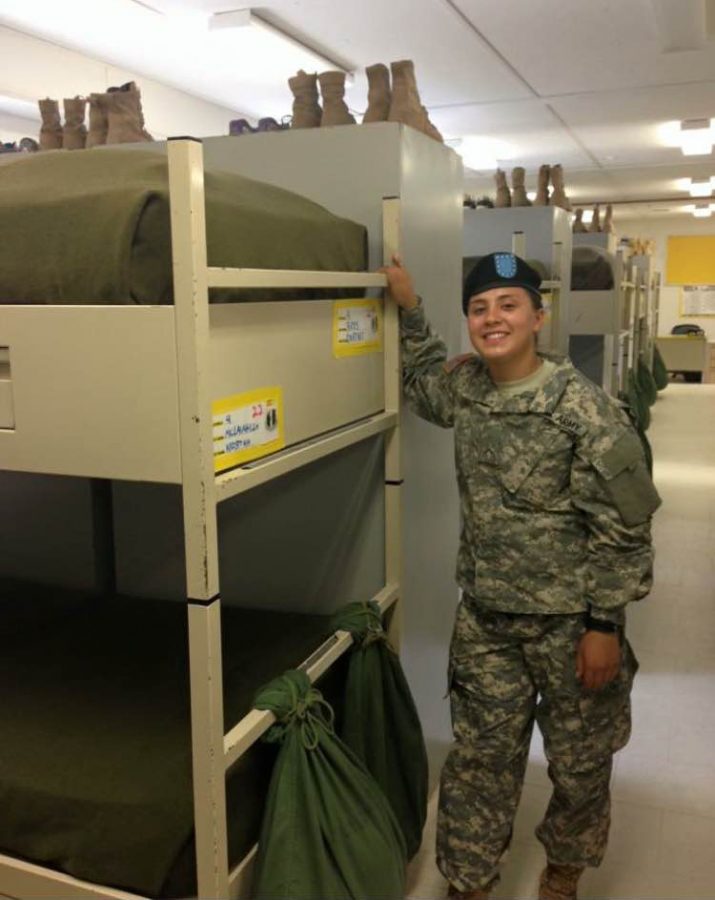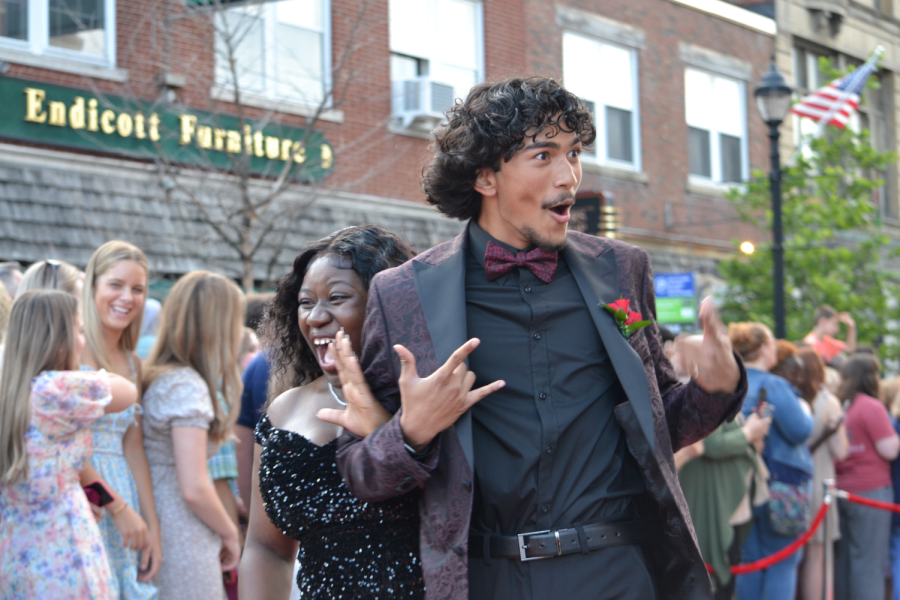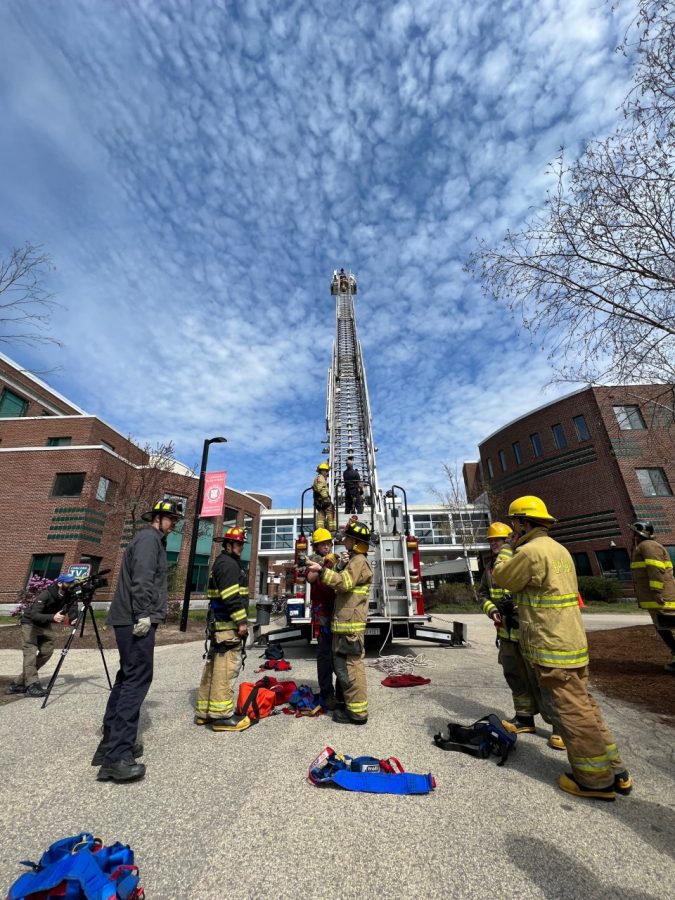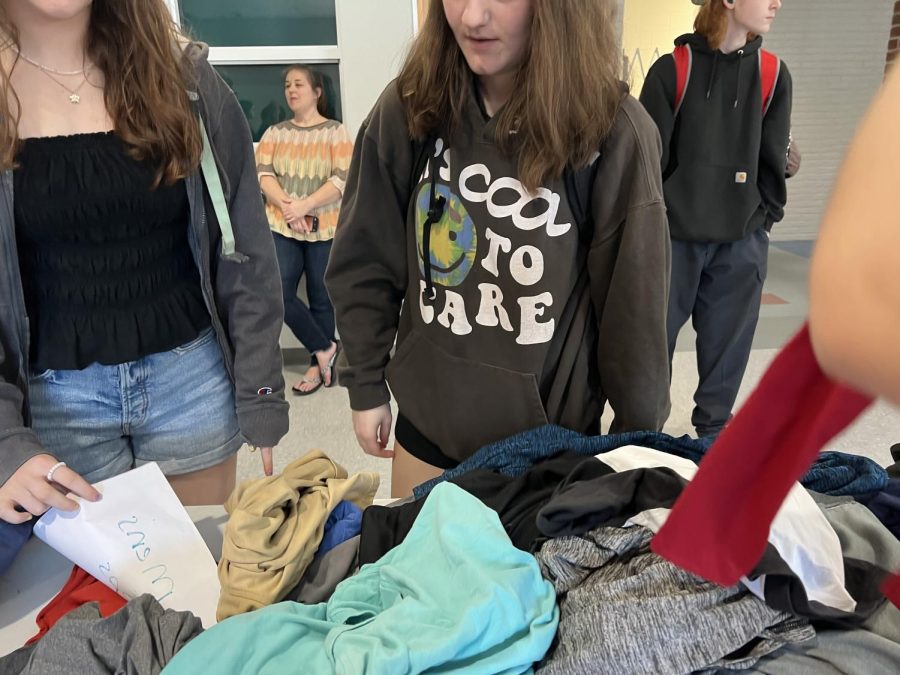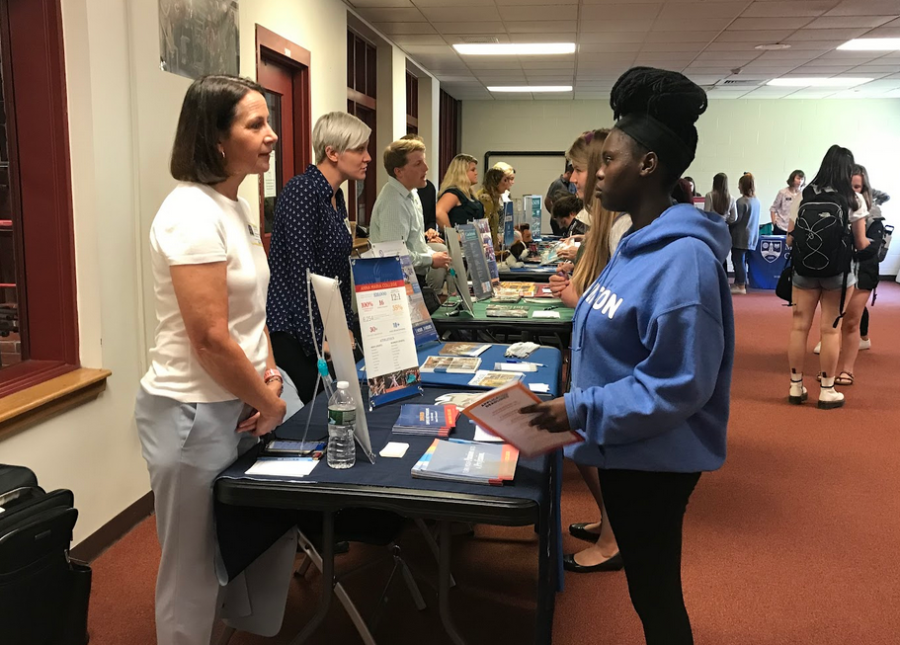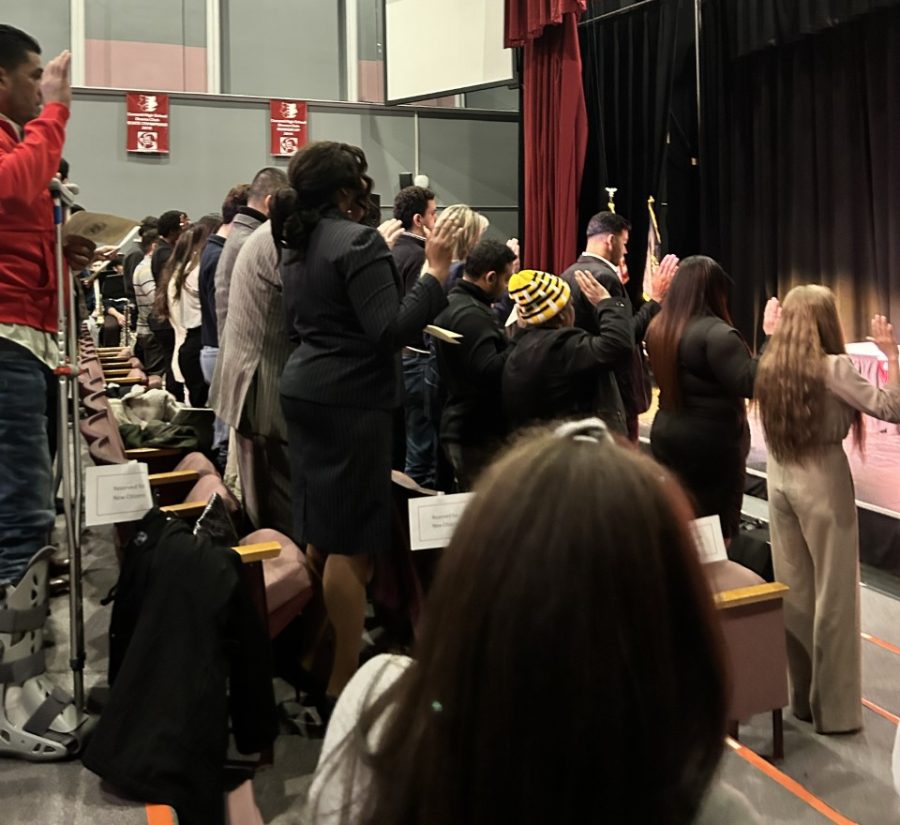Courtney Reyes will remember lots of things when she graduates from Concord High School June 18: gym classes, English and algebra; favorite teachers like “Mr. Boezeman, Mr. Herr and Ms. Kilday;” course competencies and of course opens “when we can do what we want.”
Q. “How has CHS changed over your 4 years there?”
A. “Teachers have gotten more stern at asking us to get assignments in on time. I think that’s helped me. And Mr. Connolly’s ALS has gotten the school more involved in that effort. A lot of people didn’t even know what ALS was. The only reason I knew about it was because my boyfriend’s aunt had it, and she passed away from it.”
Q. “How were you able to graduate a semester early?”
A. “I really tried to get all of my classes done that were requirements. I piled a lot on my freshman and sophomore and junior years. So I’d only have one requirement left my senior year, English. So I worked really hard to graduate early!”
Q. “Why were you selected to speak at graduation?”
A. “One of the teachers asked me because she knows I’m in the Army National Guard. And they thought it would be a good idea. I said yes, because it has something to do with what I really love doing.”
Q. “What kinds of things will you talk about in your speech?”
A. “That’s a tough one, because I haven’t figured out yet what I really want to say. Writing it is hard for me, but I’m going to sit down with my mom and go over what I want to say in the speech.”
Q. “What are you doing after CHS?”
A. “After I get my diploma, I’ll be going back to (Army National Guard) training. Then after training I’ll be going to Plymouth State University to study criminal justice.”
Q. “What are you doing now?”
A. “I’m working full time at Woodside School, about 8-5:30. I love it there.”
Q. “Why did you join the army?”
A. “I wanted to do it since basically I could talk. I’ve wanted to do it all my life. I think I did some of it for my Papa since he was in it, and my great grandfather was also in it. The only other person who joined the military was my Aunt Linda, she did the Air Force. And I didn’t really want to join the Air Force. And I did want to stay close to home, so I chose National Guard, so I could get my college done first and when I’m done, if I want to, after college I can do active duty.”
Q. “What was basic training like?”
A. “We were in South Carolina. In June and July it’s not as hot. In August it reached 100 degrees down there. Basic training was extremely challenging physically, because you’d get up at 4 a.m. just about every day and work out for an hour, because it would be extremely hot by 7. We’d walk to ranges. We’d walk to field trainings. Emotionally it was hard being away from everybody. I think I had one phone call, a week before I graduated, and that was only for 15 minutes. We got our phone calls taken away because some people weren’t behaving. Every time you get a letter it’s like Christmas.”
“We did a lot of road marches, our last one was Vic Forge. Vic Forge is like our last hurrah, we’re done. We’d get bused out, we’d stay there for 4 days. We go through everything we’ve done over the 9 weeks and then we’d do it as a big test. So we’d do land navigation, radios, a hand grenade simulation, calling medevac and telling them where to get us, how many people are wounded. We’d go through first aid. We had to do a buddy carry, pick somebody up. You are always in battle-buddy teams, you’re never alone. Because I’m a female, I’d be with another female, or two males. And if a male didn’t have another male with them, it would be a male and two females. So no matter where you went, you weren’t alone for the whole 10 weeks.”
“You weren’t supposed to sleep during those days, but some of us got away with sleeping. Some people would sleep in their wall lockers, which is like a big locker where you put all your stuff. They’d have a little desk in there and they’d put their pillow in their lap. It was amazing how they slept in there and not fall.”
“Then we got up at 2 in the morning to walk back 12 miles. We had all our gear on, our boots, helmets, weapon, assault backpack. We got back around 10 a.m.”
Q. “How was the food in basic training?”
A. “The food was disgusting! It tasted like nothing. Like if you had macaroni and cheese, you could not taste the cheese. I had peanut butter sandwiches the whole time I was down there. And MREs (Meal Ready to Eat) were ok, like chicken soup, macaroni and cheese, a mac and chili, jalapeno cheese and crackers. And they give you special gum to chew after cause it doesn’t digest good. The snacks were good. We weren’t allowed to have any candy the whole 10 weeks.”
Q. “Are you scared of fighting in a war?”
A. “A little bit. But I told my mom, if I have a chance to deploy, I want to deploy. I want to be able to say that I’ve been there, and say that I did fight.”
Q. “What are some things that you feel like you’ll always remember about CHS?”
A. “I think I’d remember, probably, not being able to do cheer my senior year.”
Q. “Talk about a challenge you faced at some point. How did you get through it, what did you learn?”
A. “I think the biggest challenge was trying to find and get friends that wouldn’t betray you. Or stop talking to some people, that’s how I handled it.”
Q. “Who inspired you when you needed to be inspired? What was it that they did or said to help you?”
A. “I think the person who inspired me the most was my mom. I think just having her there to push me through all of the bad times of high school helped, and it was easy to talk to her.”
Q. “If you were starting all over again as a freshman, what’s something you would probably do differently?”
A. “I would definitely make sure my coach knows my plans and that they’re definite so I could have gotten the flaming C for cheering all three years.”
Q. “What is one club, sport, or activity that you never got involved in but wish, now, that you had?”
A. “I wish I stuck with volleyball, which was the outcome of cheerleading. I wish I did volleyball my freshman year instead of cheering.”
Q. “What makes you most emotional about leaving CHS?”
A. “I haven’t hit that point yet.”
Q. “How do you plan to keep in touch with friends once everybody heads in different directions?”
A. “I think texting them and calling them.”
Q. “What do your summer plans look like? Do you have anything fun planned or will it be work, work, work?”
A. “This summer I’ll leave around June 23 and go back down to S.C. for my job training – I’ll be a chaplain’s assistant, which is kind of a body guard, and also paper work and chauffeuring. The chaplain’s talk to the people that have lost somebody, we go and talk to them to tell them they’ve lost a love one. That’s my job, so I’ll be doing that for about 4 years. I’ll be back down there 6 weeks and be back hopefully the second week of August. And then from there I go right to college. And if I reenlist, I can go back to Advanced Individual Training for another job.”
Courtney Reyes: Going military and college
Samuel Habib
•
June 8, 2016


